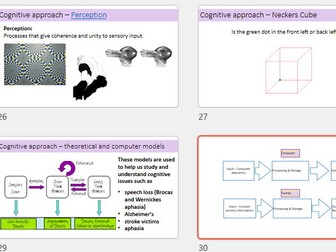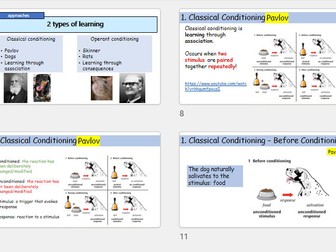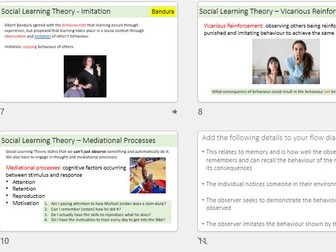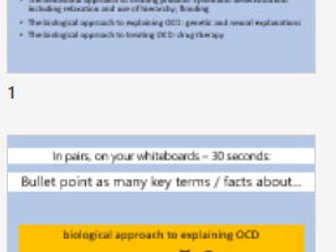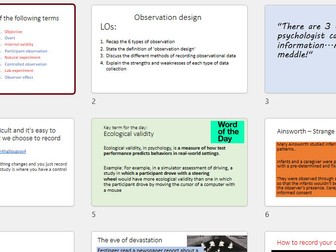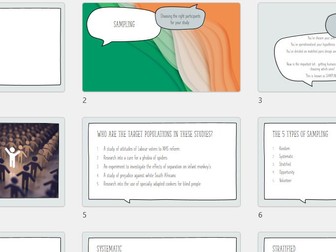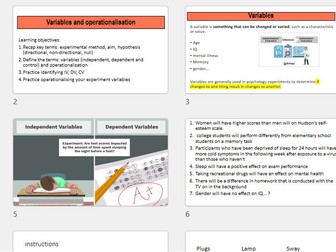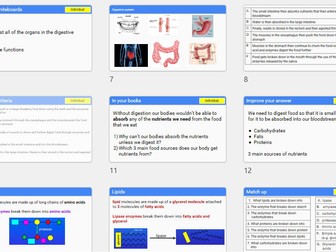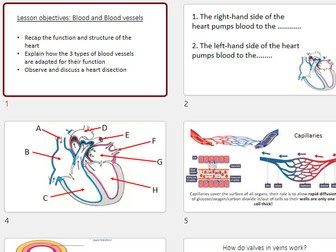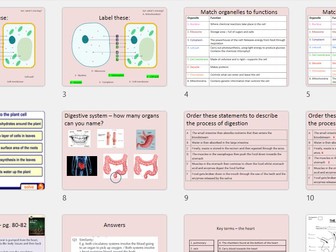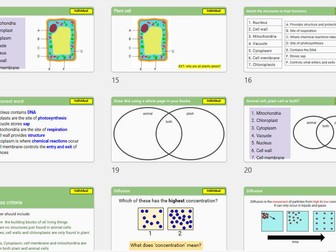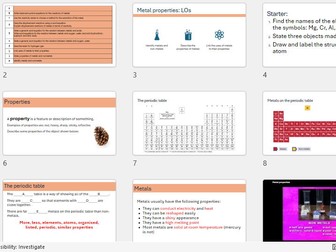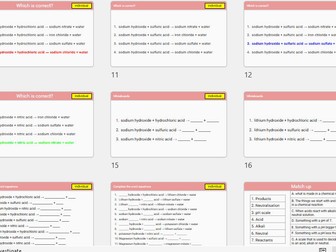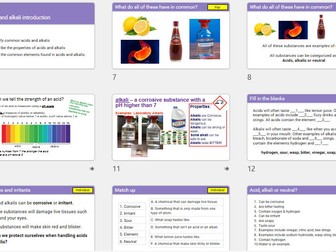A Level Psychology - Cognitive approach
<p>Included is a powerpoint covering the Cognitive approach in line with the AQA syllabus</p>
<ul>
<li>starter slides and specification links</li>
<li>topics covered: introduction to cognitive approach, real life examples of cognition in action, schema, inferences, computer model, case studies and experiements, AO3</li>
<li>gap fills, true or false, discussion opportunities, links to videos, match up</li>
<li>This powerpoint can be spread across 2 lessons</li>
</ul>
